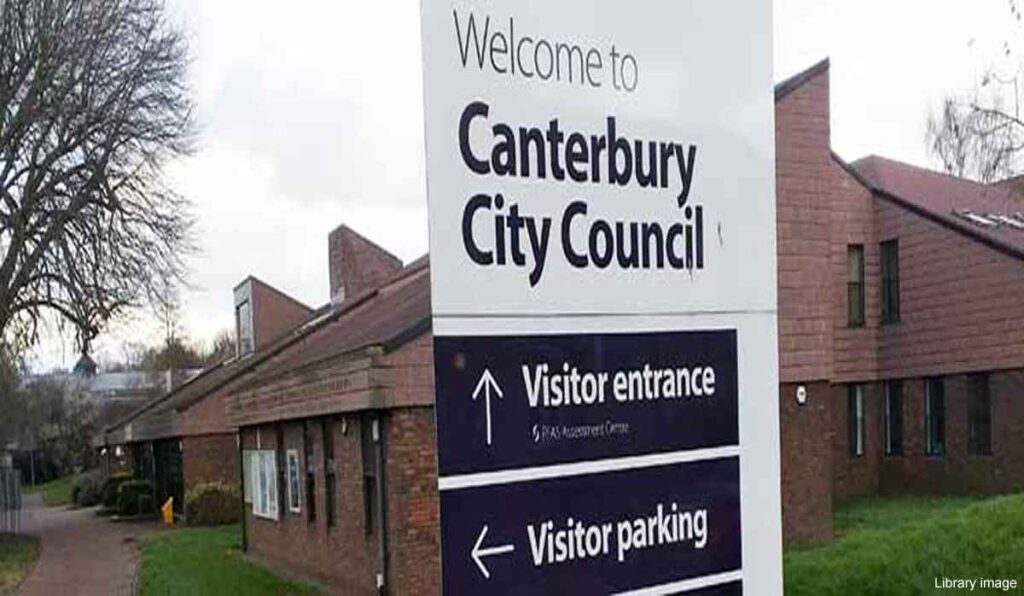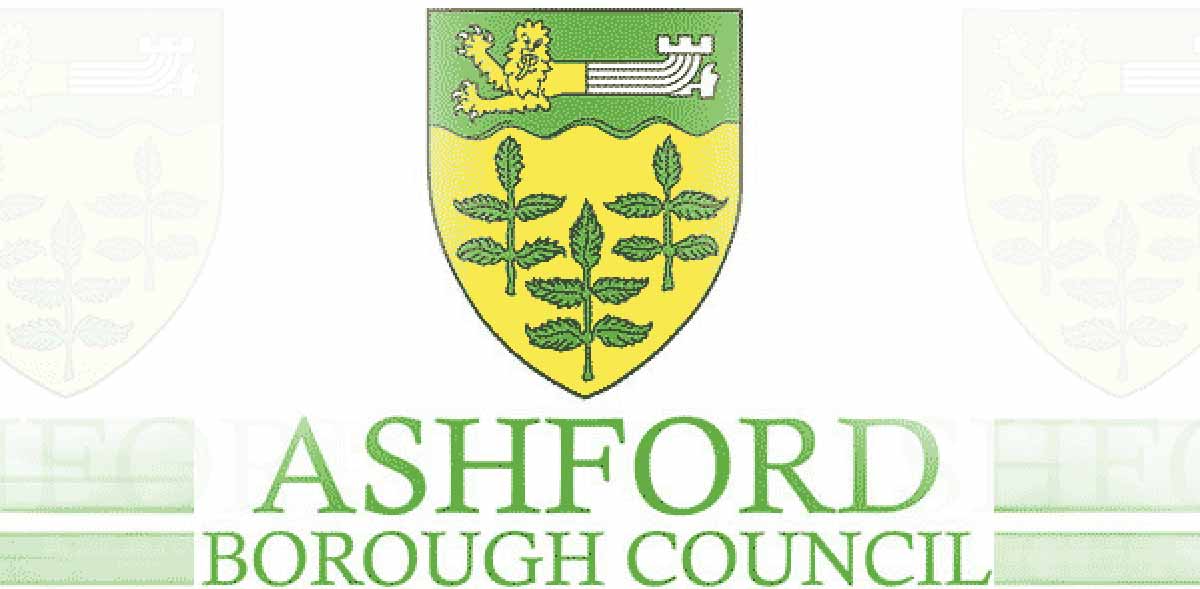Ashford Borough Council
Ashford Borough Council and Canterbury City Council plan to create a Joint Venture company, Stour Environmental Credits Ltd, to meet nutrient neutrality rules in the River Stour catchment area. This will enable the construction of thousands of new homes.
Ashford Borough Council’s Cabinet approved the plan on September 26, and Canterbury City Council will consider it on October 7. The new company will use government funding to buy and sell mitigation credits, helping developers prove their projects are nutrient neutral.
The councils aim to have the company operational by the end of the year, using £9.8 million in government funding to support its initial costs and unlock around 2,000 homes. The company will work with third parties to facilitate the sale of mitigation credits.
Natural England’s 2020 advice requires new housing in the River Stour catchment to be nutrient neutral due to high phosphate and nitrate levels affecting the Stodmarsh nature reserve. This has stalled housing development in Ashford, impacting the Local Plan.

Canterbury City Council
Canterbury City Council’s own Cabinet meeting on Monday 7 October will be asked to adopt the same recommendations to establish the Joint Venture, to be called Stour Environmental Credits Ltd.
Once established, Stour Environmental Credits will source the mitigation that is required to get the stalled housing market moving in the River Stour catchment area of both authorities. It will enable the buying and selling of mitigation credits to developers, enabling them to demonstrate that their housing schemes are nutrient neutral and can proceed.
The new company will bid for approximately £7.5m funding from this allocation, with £450,000 to cover the first year’s running costs and the balance to buy enough mitigation to unlock around 2,000 homes in Ashford and Canterbury.
The funding will be used to underwrite the company’s running costs and the purchase of mitigation from providers. In the initial stages Stour Environmental Credits Ltd will not be a mitigation provider, it will work with third parties to facilitate the sale of mitigation credits that those third parties generate.
The aim is to have the governance of the new company in place by the end of the year, alongside developing some short-term mitigation solutions.
The report to Ashford’s Cabinet warned:
“Protecting the natural environment in our rivers remains a priority, however the nutrient neutrality constraints that have been placed on the council present a huge barrier to growth and our ability to address some of the wider social and economic challenges.
“A solution needs to be found swiftly that meets the local requirements without creating further uncertainty. The proposed Joint Venture with Canterbury City Council, which has also been significantly affected by nutrient neutrality, will enable the hold on many planning applications to be released in the short term,”
the report adds.
Cllr Noel Ovenden, Leader of Ashford Borough Council, said:
“Our administration is passionate about providing much-needed affordable housing for local people while also caring for the environment, so I’m delighted that Ashford and Canterbury have united to deliver a bold and innovative solution to the thorny problem of nutrient neutrality constraints on housebuilding.
“I’m confident that Stour Environmental Credits Ltd will source and deliver the required mitigation to meet the pressing housing needs in the Stour catchment. This initiative is good for the environment, for responsible and controlled housing development, and for our local communities.”
Leader of Canterbury City Council, Cllr Alan Baldock, said:
“Stodmarsh is an absolute jewel in our district’s crown and deserves to be protected. But we also need to kickstart the stalled regeneration of the major brownfield sites in Canterbury city centre and elsewhere in the district that have been stalled by the nutrient neutrality problem such as the former Nasons and Debenhams buildings.
“And we urgently need to deliver the homes that people so desperately need, especially those that are affordable, and reap the benefits from the boost to the economy and job creation housebuilding brings. Not building homes isn’t the only answer to the challenges posed by the need for nutrient neutrality, especially when it accounts for only 0.2% of the pollution problem.
“Along with our colleagues at Ashford, Kent and the other councils affected, we’ve been working incredibly hard in the background to solve this problem – talking to and lobbying government in all of its guises, talking to other councils across the country that find themselves in a similar position and coming up with forward-thinking and innovative ways of reducing pollution at source, cleaning waste water and creating the means to pay for it all. With my Cabinet’s agreement when it meets, this is a really important and vital step on that journey.”
